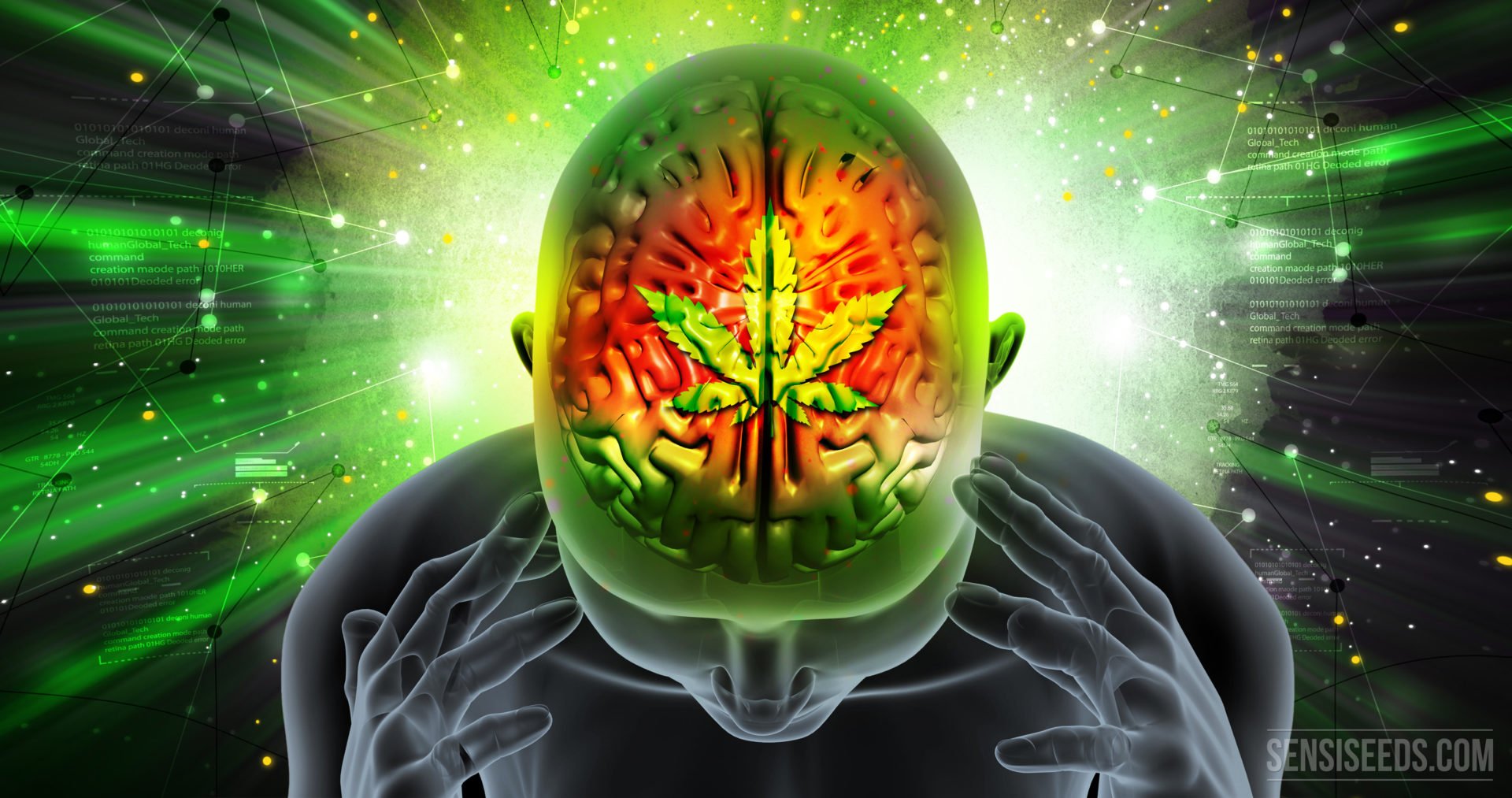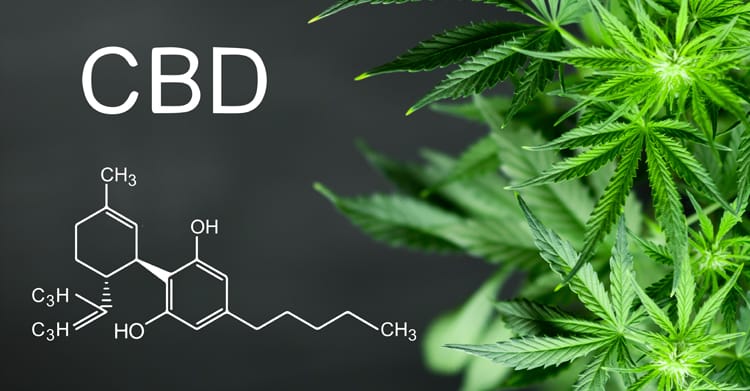CBD industry terminology can be confusing, to say the least. In this article, we answer all of your questions about CBD tinctures and the benefits of what CBD Tinctures may have for you.
As cannabidiol gains mainstream popularity for its potential health benefits, the CBD industry has spawned an ever-growing range of products. Consumers can choose from CBD oil tinctures, capsules, vape products, and even trans-dermal creams.
But with this explosion of new options, it’s sometimes difficult for consumers to understand what the terminology means. And with a lack of standardisation in the industry, different CBD producers can be inconsistent in their product descriptions.
It can definitely be challenging for consumers to decode the lingo. That’s partly because the terms used to market CBD products have a tendency to wander from their dictionary definitions.
When the word tincture first appeared in the English language, it referred to a dye or colouring agent. But over time, it took on additional meanings.WHAT IS A TINCTURE, ANYWAY?
 Today, the dictionary definition of tincture might look like this one from Merriam-Webster:
Tincture, noun: a solution of a medicinal substance in an alcoholic solvent.
And if you look at resources for contemporary herbal medicine, you’ll see tincture defined over and over again as plant matter extracted into alcohol.
Today, the dictionary definition of tincture might look like this one from Merriam-Webster:
Tincture, noun: a solution of a medicinal substance in an alcoholic solvent.
And if you look at resources for contemporary herbal medicine, you’ll see tincture defined over and over again as plant matter extracted into alcohol.
Whether you’ve made your own tincture using a high-CBD, low-THC strain of cannabis, or bought a commercially produced CBD tincture, you have a few options. You can try using the tincture sublingually. The reasoning behind this method is that the blood vessels under your tongue will rapidly disperse the CBD into your bloodstream.How to use CBD Tincture’s
 Or you can try adding your CBD tincture to a beverage or food. This might result in the effects of the CBD being slower to reveal themselves, though. That’s because cannabinoids take more time to reach the bloodstream from the digestive system.
Or you can try adding your CBD tincture to a beverage or food. This might result in the effects of the CBD being slower to reveal themselves, though. That’s because cannabinoids take more time to reach the bloodstream from the digestive system.
Cannabidiol is a popular natural remedy used for many common ailments.Benefits and Uses of CBD Oil
CBD Oil Tincture’s Can Relieve Pain
Marijuana has been used to treat pain as far back as 2900 B.C. More recently, scientists have discovered that certain components of marijuana, including CBD, are responsible for its pain-relieving effects. The human body contains a specialised system called the endocannabinoid system (ECS), which is involved in regulating a variety of functions including sleep, appetite, pain and immune system response.
The body produces endocannabinoids, which are neurotransmitters that bind to cannabinoid receptors in your nervous system.
Studies have shown that CBD may help reduce chronic pain by impacting endocannabinoid receptor activity, reducing inflammation and interacting with neurotransmitters.
For example, one study in rats found that CBD injections reduced pain response to surgical incision, while another rat study found that oral CBD treatment significantly reduced sciatic nerve pain and inflammation.
Several human studies have found that a combination of CBD and THC is effective in treating pain related to multiple sclerosis and arthritis.
An oral spray called Sativex, which is a combination of THC and CBD, is approved in several countries to treat pain related to multiple sclerosis.
One study of 47 people with multiple sclerosis examined the effects of taking Sativex for one month. The participants experienced improvements in pain, walking, and muscle spasms. Still, the study didn’t include any control group and placebo effects cannot be ruled out.
Another study found that Sativex significantly improved pain during movement, pain at rest and sleep quality in 58 people with rheumatoid arthritis.
The human body contains a specialised system called the endocannabinoid system (ECS), which is involved in regulating a variety of functions including sleep, appetite, pain and immune system response.
The body produces endocannabinoids, which are neurotransmitters that bind to cannabinoid receptors in your nervous system.
Studies have shown that CBD may help reduce chronic pain by impacting endocannabinoid receptor activity, reducing inflammation and interacting with neurotransmitters.
For example, one study in rats found that CBD injections reduced pain response to surgical incision, while another rat study found that oral CBD treatment significantly reduced sciatic nerve pain and inflammation.
Several human studies have found that a combination of CBD and THC is effective in treating pain related to multiple sclerosis and arthritis.
An oral spray called Sativex, which is a combination of THC and CBD, is approved in several countries to treat pain related to multiple sclerosis.
One study of 47 people with multiple sclerosis examined the effects of taking Sativex for one month. The participants experienced improvements in pain, walking, and muscle spasms. Still, the study didn’t include any control group and placebo effects cannot be ruled out.
Another study found that Sativex significantly improved pain during movement, pain at rest and sleep quality in 58 people with rheumatoid arthritis.
SUMMARY:CBD, especially in combination with THC, may be effective in reducing pain associated with diseases like multiple sclerosis and rheumatoid arthritis.
Reduces Anxiety and Depression
Anxiety and depression are common mental health disorders that can have devastating impacts on health and well-being. According to the World Health Organisation, depression is the single largest contributor to disability worldwide, while anxiety disorders are ranked sixth Anxiety and depression are usually treated with pharmaceutical drugs, which can cause a number of side effects including drowsiness, agitation, insomnia, sexual dysfunction and headache. What’s more, medications like benzodiazepines can be addictive and may lead to substance abuse, CBD oil has shown promise as a treatment for both depression and anxiety, leading many who live with these disorders to become interested in this natural approach. CBD oil has shown promise as a treatment for both depression and anxiety, leading many who live with these disorders to become interested in this natural approach.
In one study, 24 people with social anxiety disorder received either 600 mg of CBD or a placebo before a public speaking test.
The group that received the CBD had significantly less anxiety, cognitive impairment and discomfort in their speech performance, compared to the placebo group
CBD oil has even been used to safely treat insomnia and anxiety in children with post-traumatic stress disorder and has also shown antidepressant-like effects in several animal studies. These qualities are linked to CBD’s ability to act on the brain’s receptors for serotonin, a neurotransmitter that regulates mood and social behaviour.
CBD oil has shown promise as a treatment for both depression and anxiety, leading many who live with these disorders to become interested in this natural approach.
In one study, 24 people with social anxiety disorder received either 600 mg of CBD or a placebo before a public speaking test.
The group that received the CBD had significantly less anxiety, cognitive impairment and discomfort in their speech performance, compared to the placebo group
CBD oil has even been used to safely treat insomnia and anxiety in children with post-traumatic stress disorder and has also shown antidepressant-like effects in several animal studies. These qualities are linked to CBD’s ability to act on the brain’s receptors for serotonin, a neurotransmitter that regulates mood and social behaviour.
SUMMARY: Using CBD has been shown to reduce anxiety and depression in both human and animal studies.
Alleviates Cancer-Related Symptoms
CBD may help reduce symptoms related to cancer and side effects related to cancer treatment, like nausea, vomiting and pain. One study looked at the effects of CBD and THC in 177 people with cancer-related pain who did not experience relief from pain medication. Those treated with an extract containing both compounds experienced a significant reduction in pain compared to those who received only THC extract. CBD may also help reduce chemotherapy-induced nausea and vomiting, which are among the most common chemotherapy-related side effects for those with cancer Though there are drugs that help with these distressing symptoms, they are sometimes ineffective, leading some people to seek alternatives. A study of 16 people undergoing chemotherapy found that a one-to-one combination of CBD and THC administered via mouth spray reduced chemotherapy-related nausea and vomiting better than standard treatment alone.
Some test-tube and animal studies have even shown that CBD may have anticancer properties. For example, one test-tube study found that concentrated CBD induced cell death in human breast cancer cells.
Another study showed that CBD inhibited the spread of aggressive breast cancer cells in mice.
However, these are test-tube and animal studies, so they can only suggest what might work in people. More studies in humans are needed before conclusions can be made.
A study of 16 people undergoing chemotherapy found that a one-to-one combination of CBD and THC administered via mouth spray reduced chemotherapy-related nausea and vomiting better than standard treatment alone.
Some test-tube and animal studies have even shown that CBD may have anticancer properties. For example, one test-tube study found that concentrated CBD induced cell death in human breast cancer cells.
Another study showed that CBD inhibited the spread of aggressive breast cancer cells in mice.
However, these are test-tube and animal studies, so they can only suggest what might work in people. More studies in humans are needed before conclusions can be made.
SUMMARY: Though CBD has been shown to help reduce symptoms related to cancer and cancer treatment, and may even have cancer-fighting properties, more research is needed to assess its efficacy and safety.
May Reduce Acne
Acne is a common skin condition that affects more than 9% of the population. It is thought to be caused by a number of factors, including genetics, bacteria, underlying inflammation and the overproduction of sebum, an oily secretion made by sebaceous glands in the skin. Based on recent scientific studies, CBD oil may help treat acne due to its anti-inflammatory properties and ability to reduce sebum production. One test-tube study found that CBD oil prevented sebaceous gland cells from secreting excessive sebum, exerted anti-inflammatory actions and prevented the activation of “pro-acne” agents like inflammatory cytokines.
Another study had similar findings, concluding that CBD may be an efficient and safe way to treat acne, thanks in part to its remarkable anti-inflammatory qualities.
Though these results are promising, human studies exploring the effects of CBD on acne are needed.
One test-tube study found that CBD oil prevented sebaceous gland cells from secreting excessive sebum, exerted anti-inflammatory actions and prevented the activation of “pro-acne” agents like inflammatory cytokines.
Another study had similar findings, concluding that CBD may be an efficient and safe way to treat acne, thanks in part to its remarkable anti-inflammatory qualities.
Though these results are promising, human studies exploring the effects of CBD on acne are needed.
SUMMARY: CBD may have beneficial effects on acne due to its anti-inflammatory qualities and its ability to control the overproduction of sebum from the sebaceous glands.
May Have Neuroprotective Properties
Researchers believe that CBD’s ability to act on the endocannabinoid system and other brain signalling systems may provide benefits for those with neurological disorders. In fact, one of the most studied uses for CBD is in treating neurological disorders like epilepsy and multiple sclerosis. Though research in this area is still relatively new, several studies have shown promising results. Sativex, an oral spray consisting of CBD and THC, has been proven to be a safe and effective way to reduce muscle spasticity in people with multiple sclerosis. One study found that Sativex reduced spasms in 75% of 276 people with multiple sclerosis who were experiencing muscle spasticity that was resistant to medications. Another study gave 214 people with severe epilepsy 0.9–2.3 grams of CBD oil per pound (2–5 g/kg) of body weight. Their seizures reduced by a median of 36.5%. One more study found that CBD oil significantly reduced seizure activity in children with Dravet syndrome, a complex childhood epilepsy disorder, compared to a placebo. However, it’s important to note that some people in both these studies experienced adverse reactions associated with CBD treatment, such as convulsions, fever and fatigue.
CBD has also been researched for its potential effectiveness in treating several other neurological diseases.
For example, several studies have shown that treatment with CBD improved quality of life and sleep quality for people with Parkinson’s disease.
Additionally, animal and test-tube studies have shown that CBD may decrease inflammation and help prevent the neurodegeneration associated with Alzheimer’s disease.
In one long-term study, researchers gave CBD to mice genetically predisposed to Alzheimer’s disease, finding that it helped prevent cognitive decline.
However, it’s important to note that some people in both these studies experienced adverse reactions associated with CBD treatment, such as convulsions, fever and fatigue.
CBD has also been researched for its potential effectiveness in treating several other neurological diseases.
For example, several studies have shown that treatment with CBD improved quality of life and sleep quality for people with Parkinson’s disease.
Additionally, animal and test-tube studies have shown that CBD may decrease inflammation and help prevent the neurodegeneration associated with Alzheimer’s disease.
In one long-term study, researchers gave CBD to mice genetically predisposed to Alzheimer’s disease, finding that it helped prevent cognitive decline.
SUMMARY: Though research is limited at this time, CBD has been shown to ease symptoms related to epilepsy and Parkinson’s disease. CBD was also shown to reduce the progression of Alzheimer’s disease in test-tube and animal studies.
Benefits Heart Hearth
Recent research has linked CBD with several benefits for the heart and circulatory system, including the ability to lower high blood pressure. High blood pressure is linked to higher risks of a number of health conditions, including stroke, heart attack and metabolic syndrome. Studies indicate that CBD may be able to help with high blood pressure. One recent study treated nine healthy men with one dose of 600 mg of CBD oil and found it reduced resting blood pressure, compared to a placebo. The same study also gave the men stress tests that normally increase blood pressure. Interestingly, the single dose of CBD led the men to experience a smaller blood pressure increase than normal in response to these tests. Researchers have suggested that the stress- and anxiety-reducing properties of CBD are responsible for its ability to help lower blood pressure. Additionally, several animal studies have demonstrated that CBD may help reduce the inflammation and cell death associated with heart disease due to its powerful antioxidant and stress-reducing properties. For example, one study found that treatment with CBD reduced oxidative stress and prevented heart damage in diabetic mice with heart disease.SUMMARY: Though more human studies are needed, CBD may benefit heart health in several ways, including by reducing blood pressure and preventing heart damage.
Several Other Potential Benefits
CBD has been studied for its role in treating a number of health issues other than those outlined above. Though more studies are needed, CBD is thought to provide the following health benefits:- Antipsychotic effects: Studies suggest that CBD may help people with schizophrenia and other mental disorders by reducing psychotic symptoms.
- Substance abuse treatment: CBD has been shown to modify circuits in the brain related to drug addiction. In rats, CBD has been shown to reduce morphine dependence and heroin-seeking behaviour.
- Anti-tumour effects: In test-tube and animal studies, CBD has demonstrated anti-tumour effects. In animals, it has been shown to prevent the spread of breast, prostate, brain, colon and lung cancer.
- Diabetes prevention: In diabetic mice, treatment with CBD reduced the incidence of diabetes by 56% and significantly reduced inflammation.
SUMMARY: Some studies suggest that CBD may help with diabetes, substance abuse, mental disorders and certain types of cancers. However, more research in humans is needed.



